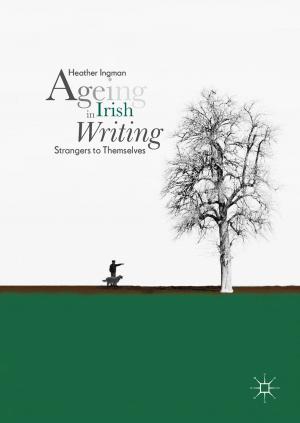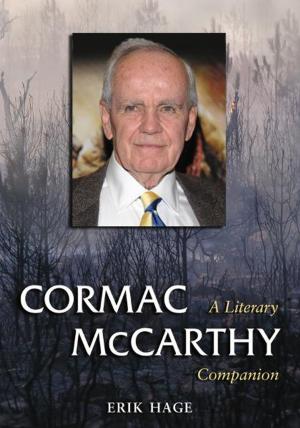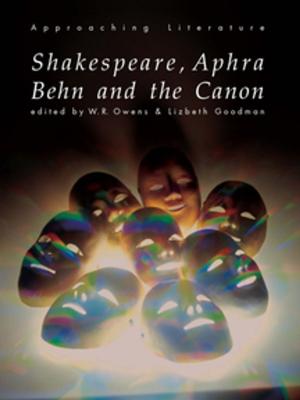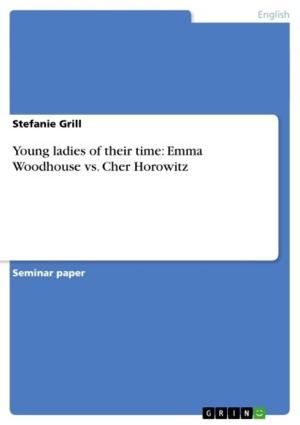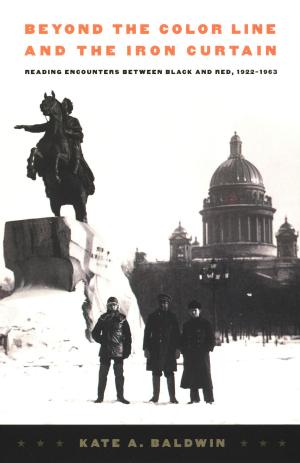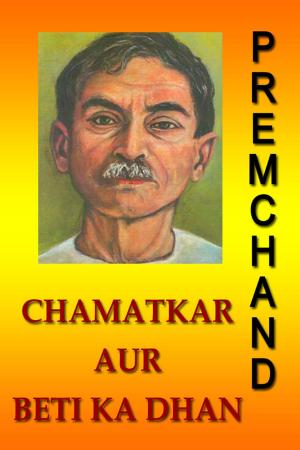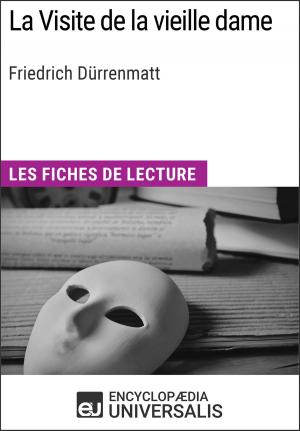Speeches that Changed Britain
Oratory in Birmingham
Nonfiction, History, British, Fiction & Literature, Literary Theory & Criticism| Author: | Andrew Reekes | ISBN: | 9781905036240 |
| Publisher: | History West Midlands | Publication: | September 19, 2015 |
| Imprint: | History West Midlands | Language: | English |
| Author: | Andrew Reekes |
| ISBN: | 9781905036240 |
| Publisher: | History West Midlands |
| Publication: | September 19, 2015 |
| Imprint: | History West Midlands |
| Language: | English |
A fascinating and richly illustrated book exploring speeches made in Birmingham that changed history.
Meet some of Britain’s most famous orators.
The book reflects the importance of oratory in making a political argument. It may in a sound-bite era be a dying art but these speeches fulfil the first requirement of successful rhetoric, that it be a reasoned argument to persuade its audience.
————
It is striking how many nationally significant speeches have been made in Birmingham over the past two hundred years. This book looks at ten episodes when a speech in Birmingham challenged the rest of the country to embrace change and reform. More than any other city it represents Britain’s provincial voice across the period.
The book reflects the importance of oratory in making a political argument. It may in a sound-bite era be a dying art but these speeches fulfil the first requirement of successful rhetoric, that it be a reasoned argument to persuade its audience.
————
On 27th October 1857, MP John Bright addressed a crowded Birmingham Town Hall. Already a famous politician and orator, expectations were high that he would deliver a newsworthy speech. So much so, The Times chartered a special night train to deliver his text in time for the morning editions. And Bright didn’t disappoint. The speech, a passionate call for universal suffrage, marked a fundamental turning point in 19th century electoral reform, and forms a powerful illustration of the impact a great speech- and speaker- can have on the history of a nation.
Speeches that Changed Britain: Oratory in Birmingham takes a number of speeches, all made in Birmingham in the last two hundred years, and explores their impact on local and national stages. From the charismatic speakers themselves, to the words they used, the causes they fought for, and the mercurial relationship between orator and audience, author Andrew Reekes examines the factors that make a great speech.
Many of the speakers considered were the most famous orators of their time, and their speeches illustrate contemporary concerns: from Thomas Attwood advocating Parliamentary reform in 1832 to crowds of 200,000; Feargus O’Connor addressing Chartist rallies; the Chamberlain dynasty, Joseph and Neville, opposing Home Rule and confronting Hitler; to controversial characters Oswald Mosley and Enoch Powell outlining their personal visions.
The book closes with a very recent speech by David Cameron which continues the tradition of powerful speeches made in the city. Reekes paints a clear picture of Birmingham itself as a stronghold of radical politics and social reform, one that generated and attracted famous orators. Their presence has meant that Birmingham has played a profound role in setting the national political mood and agenda.
Resonating with the text of these great speeches, Reekes’ fascinating and important book captures vividly a lost age of political oratory and passionate public advocacy, and provides an extraordinary insight into the progress of political and social reform in Britain across the last two hundred years.
A fascinating and richly illustrated book exploring speeches made in Birmingham that changed history.
Meet some of Britain’s most famous orators.
The book reflects the importance of oratory in making a political argument. It may in a sound-bite era be a dying art but these speeches fulfil the first requirement of successful rhetoric, that it be a reasoned argument to persuade its audience.
————
It is striking how many nationally significant speeches have been made in Birmingham over the past two hundred years. This book looks at ten episodes when a speech in Birmingham challenged the rest of the country to embrace change and reform. More than any other city it represents Britain’s provincial voice across the period.
The book reflects the importance of oratory in making a political argument. It may in a sound-bite era be a dying art but these speeches fulfil the first requirement of successful rhetoric, that it be a reasoned argument to persuade its audience.
————
On 27th October 1857, MP John Bright addressed a crowded Birmingham Town Hall. Already a famous politician and orator, expectations were high that he would deliver a newsworthy speech. So much so, The Times chartered a special night train to deliver his text in time for the morning editions. And Bright didn’t disappoint. The speech, a passionate call for universal suffrage, marked a fundamental turning point in 19th century electoral reform, and forms a powerful illustration of the impact a great speech- and speaker- can have on the history of a nation.
Speeches that Changed Britain: Oratory in Birmingham takes a number of speeches, all made in Birmingham in the last two hundred years, and explores their impact on local and national stages. From the charismatic speakers themselves, to the words they used, the causes they fought for, and the mercurial relationship between orator and audience, author Andrew Reekes examines the factors that make a great speech.
Many of the speakers considered were the most famous orators of their time, and their speeches illustrate contemporary concerns: from Thomas Attwood advocating Parliamentary reform in 1832 to crowds of 200,000; Feargus O’Connor addressing Chartist rallies; the Chamberlain dynasty, Joseph and Neville, opposing Home Rule and confronting Hitler; to controversial characters Oswald Mosley and Enoch Powell outlining their personal visions.
The book closes with a very recent speech by David Cameron which continues the tradition of powerful speeches made in the city. Reekes paints a clear picture of Birmingham itself as a stronghold of radical politics and social reform, one that generated and attracted famous orators. Their presence has meant that Birmingham has played a profound role in setting the national political mood and agenda.
Resonating with the text of these great speeches, Reekes’ fascinating and important book captures vividly a lost age of political oratory and passionate public advocacy, and provides an extraordinary insight into the progress of political and social reform in Britain across the last two hundred years.


